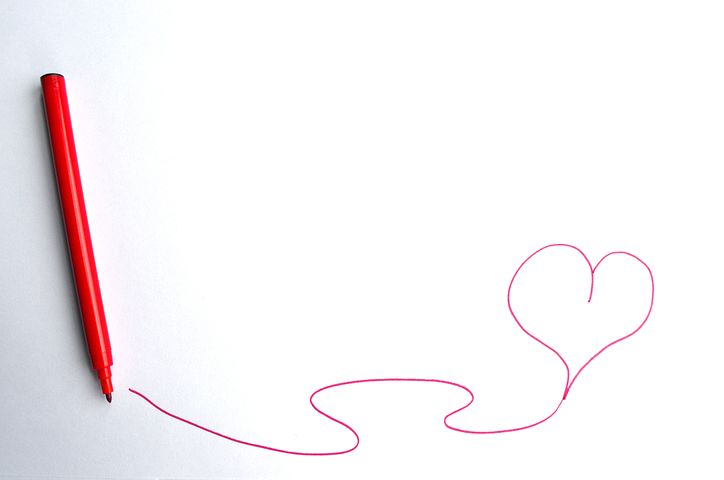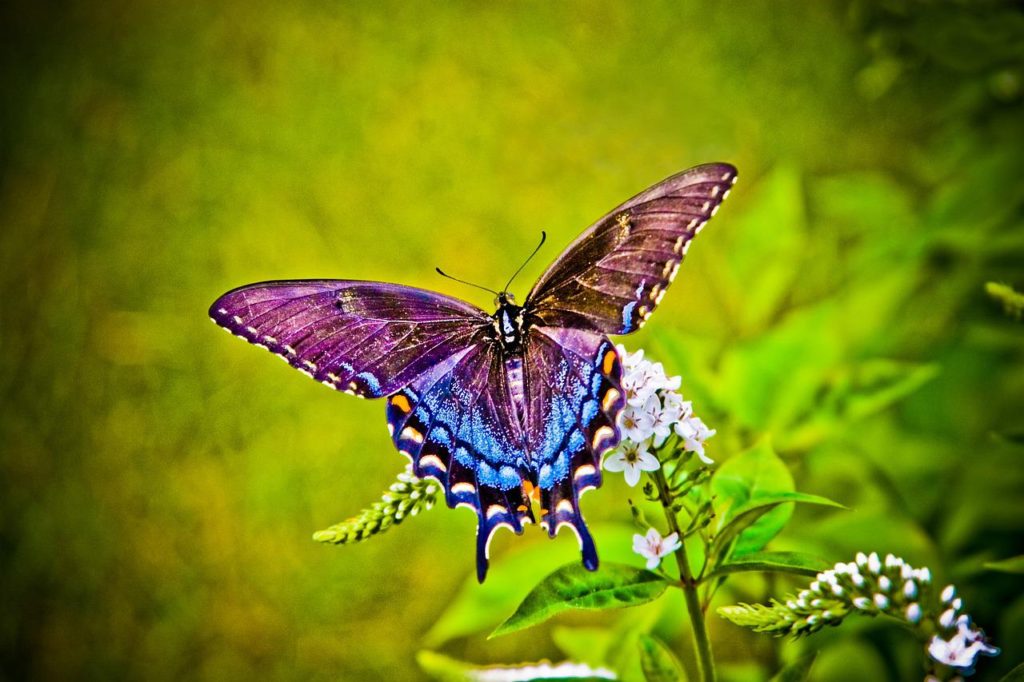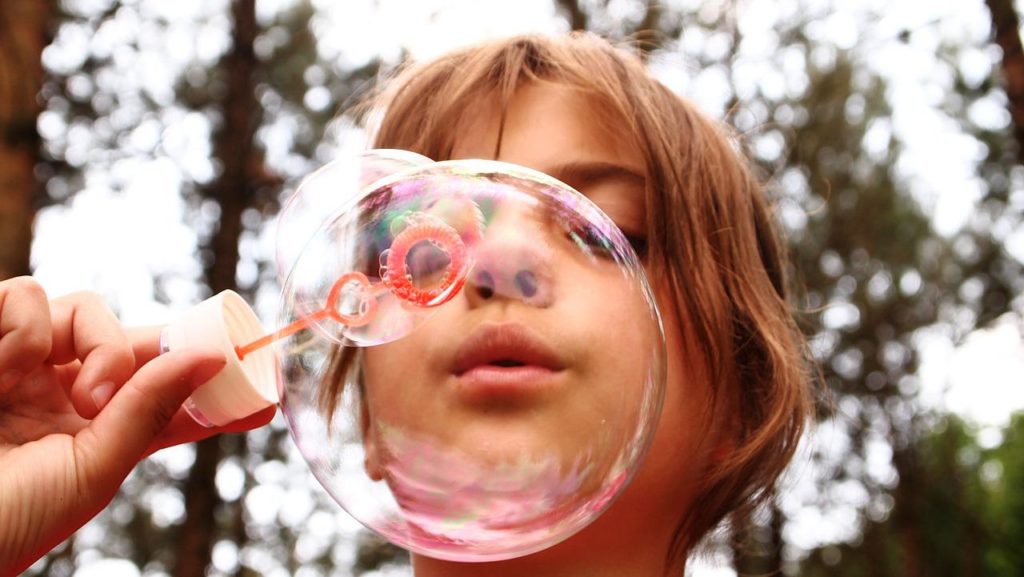
Whether or not you like Valentine’s Day, it’s a day when it’s hard not to think about desire. Desire is romanticized, celebrated, overlooked, bypassed, overindulged and envied in our culture. People seek professional help when they don’t experience desire in the ways they want to. The Diagnostic and Statistical Manual of Mental Disorders contains a range of “desire disorders” related to not feeling enough desire, feeling desire about the “wrong” things and/or people, feeling too much desire, and feeling a disconnect between your body’s experience of desire and your actual desire level.
But what if desire isn’t a problem? What if it’s our relationship to desire that hurts us, not desire itself? Often, it’s the ways we suppress desire, ignore desire, control desire, subsume desire, exploit desire and mismanage desire that are the problem.
Two words: The Key to Vitality

I desire.
This two-word sentence is probably one of the most potent sentences you can speak. In the grammar of desire, the object of desire isn’t always the point of desire. “I” is a locus. “Desire” includes conception, gestation and birth: all three of these processes folded into one word. Descartes’ famous claim, “I think therefore I am” pales in comparison. I desire extends life beyond the mind’s controlling calculus. I desire surrenders into selfhood and lays claim to your right to be alive in the only place you can be: the present. It extends that right into a passionate endorsement of life itself. I desire says, “Life is worth it. I am worthy of experiencing desire. I am desire.”
Let Yourself Desire
If desiring hurts, consider whether you’ve made “getting” and “having” a condition of desiring. Practice enjoying desire for the pure pleasure of it. Enjoy it as a celebration of your own inalienable aliveness.
What do you desire? Make a list. Read it back to yourself. Enjoy the way desiring what you desire makes you feel. Savor the pleasure that’s already here when you speak the words I desire.







